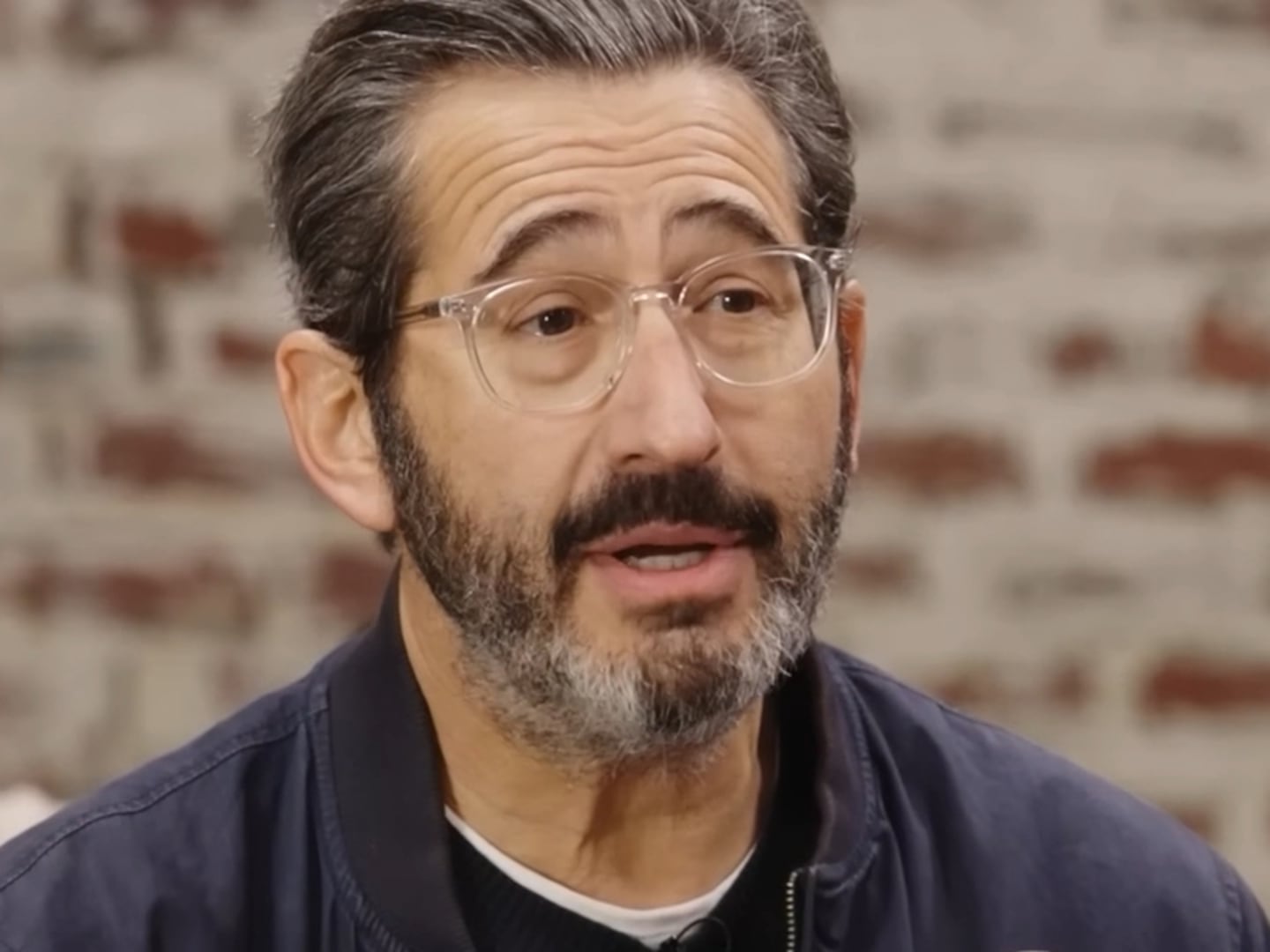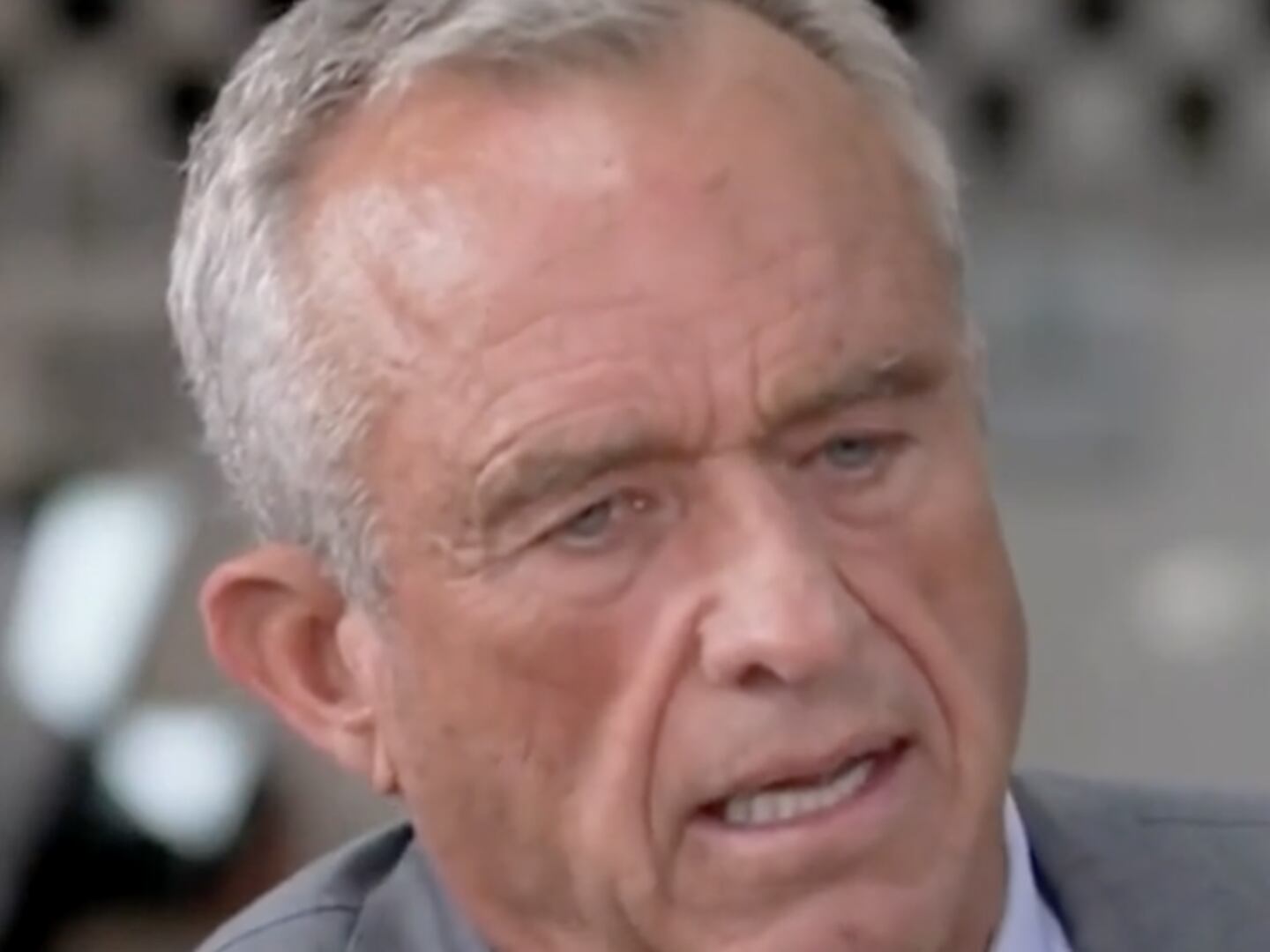Middle East
Miriam Alster / Getty
Biden’s Israel Trip Was a Gamble That’s Already Paying Off
BOLD MOVE
Humanitarian aid is finally entering Gaza, Israelis felt supported, and Netanyahu is unlikely to disrespect the U.S. president again any time soon.
opinion

Trending Now




